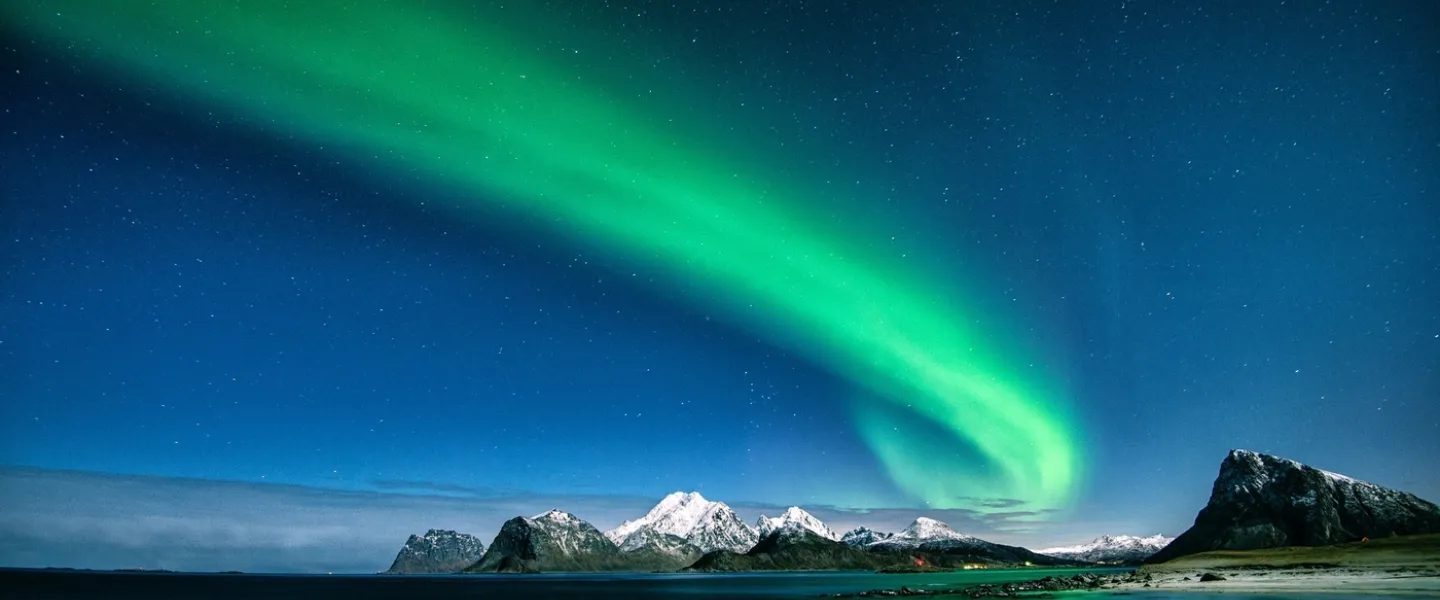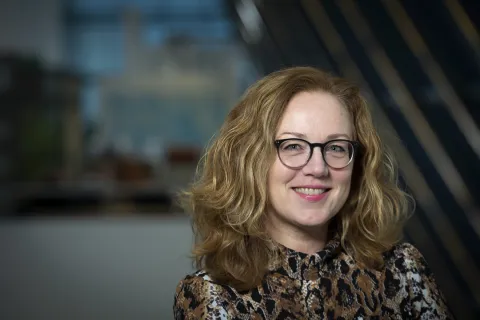
A new four-year interdisciplinary research project focuses on the rapid changes that have taken place in the Arctic region due to increased globalisation and all the challenges that go along with it. The project was launched last month and is entitled ArcticHubs. It is funded by the EU's Horizon 2020 programme with the primary aim of developing research-based and practical solutions to the challenges now facing the Arctic region.
The combination of globalisation and climate change is bringing about changes in the Arctic region, more significant than anything previously seen. Increased emphasis on sectors such as mining and tourism as well as the industrialisation of many traditional trades, e.g. fishing and forestry, mean that there are ever more frequent conflicts of interest concerning the use of natural resources. This has a profound effect on the wellbeing of both individuals and communities in the Arctic region.
ArcticHubs unites 22 partners from 11 different countries in the Arctic region, from Canada to Russia. The collaborating partners come from universities, research institutes, community organisations, public and private bodies, as well as members of research organisations. Two partners come from Iceland, i.e. one from the University of Iceland, who will be involved in the research into tourism, and one from Hólar University College, who will be leading the research into fish farming.
